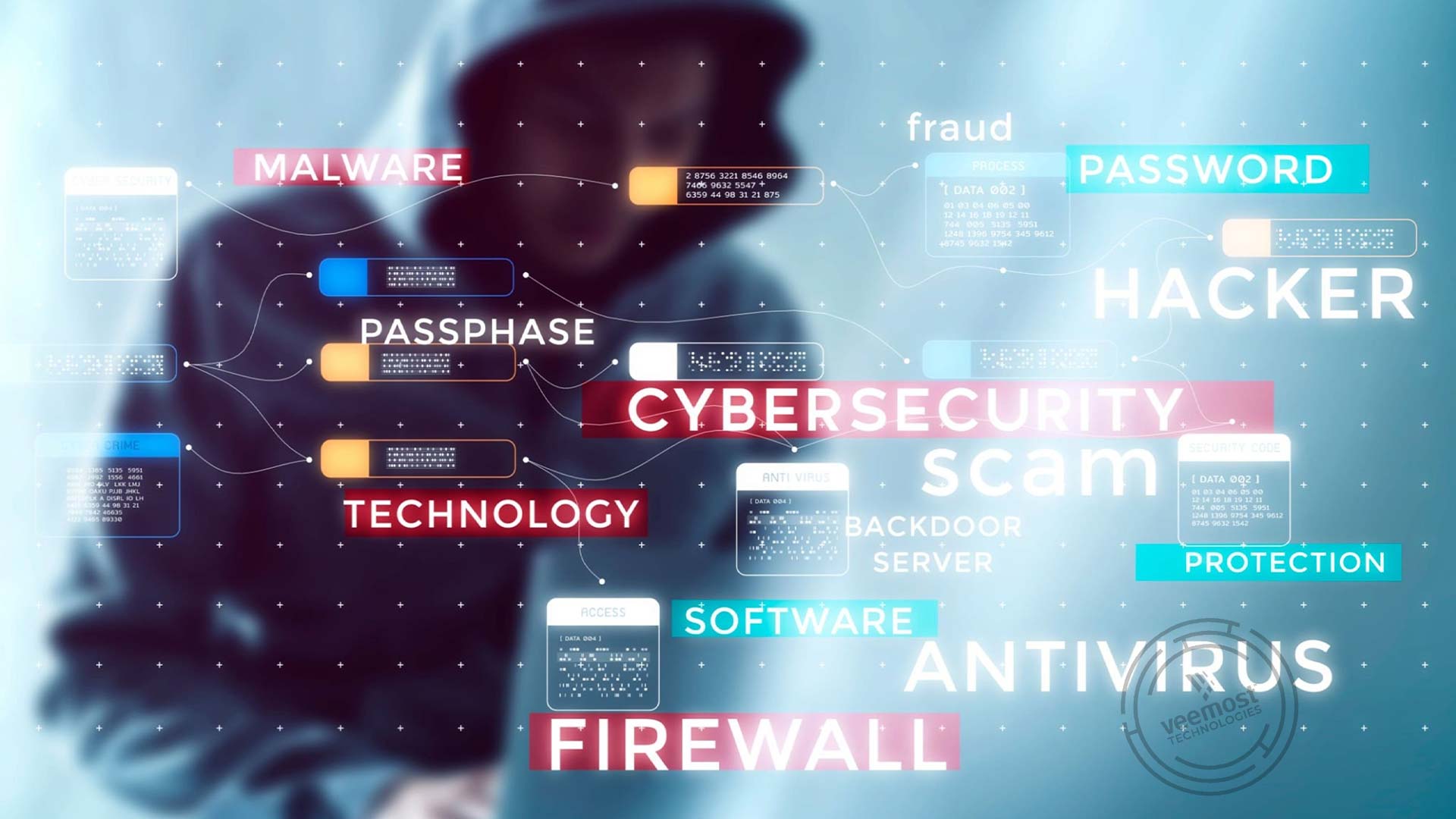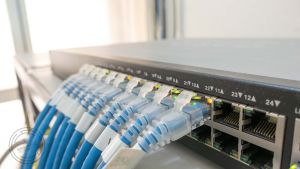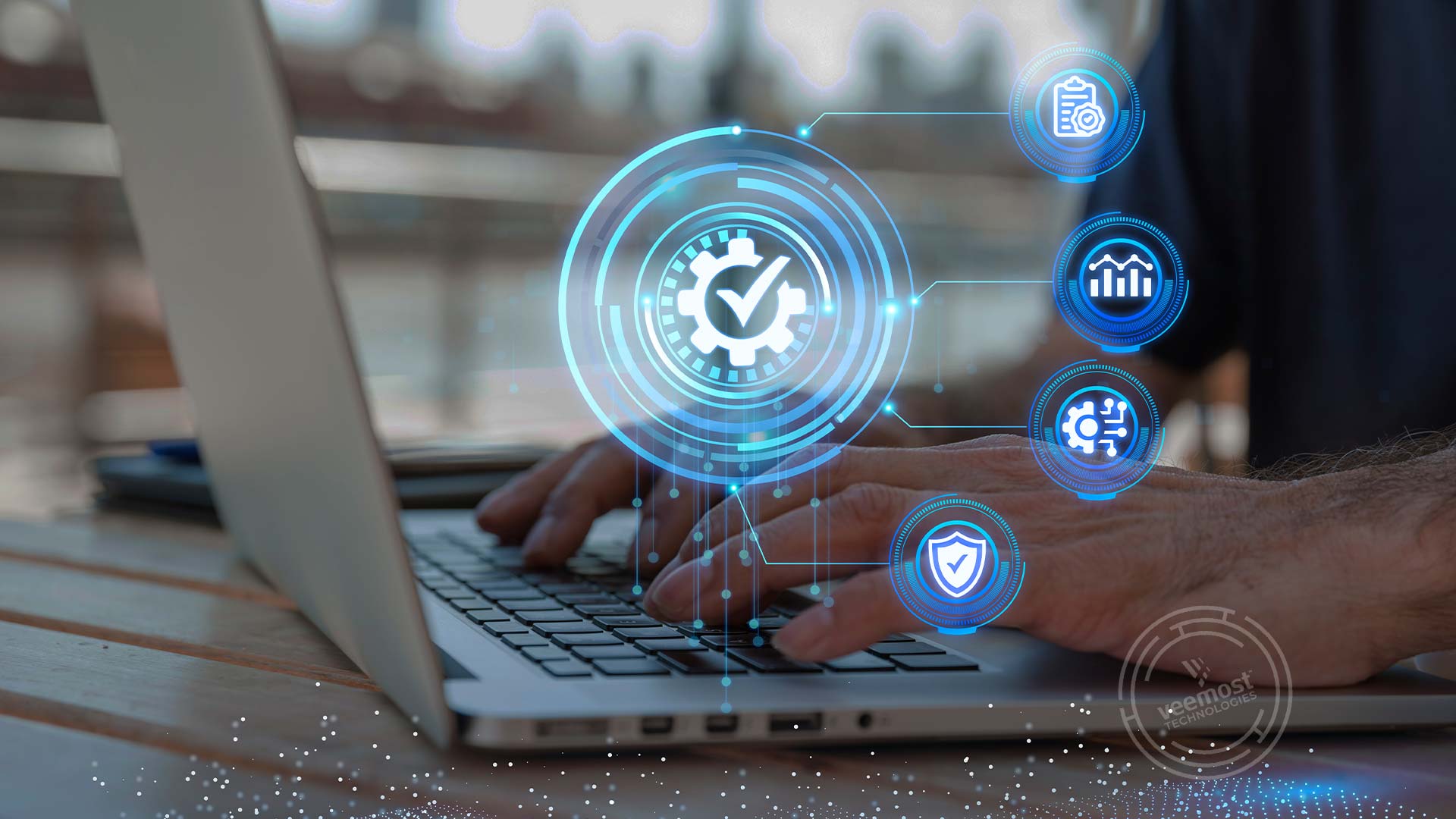In today’s interconnected world, where technology plays a central role in our personal and professional lives, cyber security has become paramount. The ever-evolving threat landscape poses significant risks to businesses and individuals alike, making it crucial to safeguard our digital assets effectively. At VeeMost Technologies, we understand the importance of robust cyber security measures and are committed to helping you protect your valuable information from malicious actors. In this article, we will delve into the key strategies and best practices for enhancing your cyber security and ensuring the safety of your digital assets.
Understanding the Threat Landscape
To effectively protect your digital assets, it is essential to first understand the threat landscape. Cybercriminals employ various techniques to exploit vulnerabilities and gain unauthorized access to sensitive information. From malware attacks and phishing scams to data breaches and ransomware incidents, the risks are ever-present. By staying informed about the latest threats and trends, you can proactively implement preventive measures to mitigate the potential impact.
Implementing Strong Password Policies
Passwords are the first line of defense against unauthorized access. However, weak or easily guessable passwords can render your digital assets vulnerable. Implementing strong password policies is vital to enhance your cyber security posture. Ensure that passwords are complex, with a combination of uppercase and lowercase letters, numbers, and special characters. Regularly update passwords and avoid reusing them across different accounts. Consider employing password management tools to securely store and generate unique passwords for each account.
Multi-Factor Authentication (MFA)
Multi-Factor Authentication (MFA) adds an extra layer of security to your online accounts and systems. By requiring users to provide multiple forms of identification, such as a password, fingerprint, or one-time verification code, MFA significantly reduces the risk of unauthorized access. Implement MFA across your digital platforms, including email accounts, cloud services, and online banking portals, to bolster your cyber security defenses.
Regular Software Updates and Patch Management
Outdated software and unpatched systems are common entry points for cyber attacks. Cybercriminals often exploit known vulnerabilities in operating systems, applications, and plugins to gain unauthorized access. To minimize this risk, ensure that all your software and systems are up to date with the latest security patches. Enable automatic updates whenever possible, and regularly check for new patches and updates from trusted sources.
Robust Firewall and Intrusion Detection Systems
Firewalls and intrusion detection systems act as a barrier between your internal network and external threats. A robust firewall can monitor and filter incoming and outgoing network traffic, preventing unauthorized access and blocking malicious activities. Intrusion detection systems complement firewalls by actively monitoring network traffic for suspicious behavior and alerting administrators in real time. Deploying both these systems can significantly enhance your cyber security defenses.
Regular Data Backups
Data loss can be catastrophic for individuals and businesses alike. Ransomware attacks and hardware failures can lead to irretrievable data loss if proper backups are not in place. Regularly backing up your data is essential to ensure its integrity and availability. Implement a comprehensive backup strategy that includes both onsite and offsite backups. Regularly test your backup and recovery processes to verify their effectiveness.
Employee Awareness and Training
Human error remains a significant factor in cyber security breaches. Educating your employees about cyber security best practices is crucial to creating a culture of security awareness within your organization. Conduct regular training sessions to educate employees about phishing attacks, social engineering techniques, and safe browsing habits. Encourage them to report any suspicious activities and provide a clear escalation process for incidents.
Engage a Trusted Cyber Security Provider
Navigating the complex field of cyber security can be overwhelming, especially for businesses with limited resources and expertise. Engaging a trusted cyber security provider can offer invaluable support in safeguarding your digital assets.
Trusted cyber security providers have the expertise and experience to assess your unique risks and develop tailored solutions to mitigate them. They can conduct comprehensive security audits, identify vulnerabilities, and implement robust security measures across your systems. Additionally, they can provide 24/7 monitoring and incident response services to swiftly address any potential threats or breaches.
Encryption and Data Protection
Data encryption plays a critical role in safeguarding sensitive information. By encrypting data at rest and in transit, you add an extra layer of protection against unauthorized access. Implement encryption protocols such as SSL/TLS for securing communications and utilize strong encryption algorithms to protect stored data. Additionally, consider adopting data loss prevention (DLP) solutions that can help detect and prevent the unauthorized transmission of sensitive data.
Secure Network Infrastructure
A secure network infrastructure is the backbone of your cyber security defenses. Implement secure configurations for your routers, switches, and firewalls to prevent unauthorized access. Regularly review and update access controls, ensure secure Wi-Fi configurations, and segment your network to minimize the impact of potential breaches. Conduct regular vulnerability assessments and penetration testing to identify and address any weaknesses proactively.
Incident Response and Business Continuity Planning
No organization is immune to cyber-attacks. In the event of a security incident, having a well-defined incident response plan is crucial to minimize the impact and recover quickly. Establish clear roles and responsibilities, define escalation procedures, and conduct drills and simulations to test your response capabilities. Additionally, develop a comprehensive business continuity plan that outlines steps to ensure the continuity of critical operations during and after a security incident.
Stay Informed and Adapt
Cyber threats are constantly evolving, making it essential to stay informed about the latest trends and techniques used by malicious actors. Regularly monitor trusted sources of information, such as security blogs, industry publications, and threat intelligence reports. Engage with the cyber security community and attend conferences and webinars to stay up to date with emerging threats and innovative security solutions. Adapt your cyber security strategies accordingly to address the changing landscape.
Conclusion
Enhancing your cyber security and protecting your digital assets requires a multifaceted approach that addresses various risks and vulnerabilities. By implementing strong password policies, employing multi-factor authentication, staying updated with software patches, deploying robust firewalls and intrusion detection systems, conducting regular data backups, and prioritizing employee awareness and training, you can significantly reduce the risk of cyber attacks. Engaging a trusted cyber security provider and adopting encryption protocols further fortify your defenses. Remember to develop an incident response plan and a business continuity strategy to ensure a swift and effective response in case of a security incident. Stay informed, adapt to the evolving threat landscape, and continuously evaluate and improve your cyber security measures.
At VeeMost Technologies, we are dedicated to helping you navigate the complexities of cyber security and protecting your digital assets. Contact us today to learn more about our comprehensive range of cybersecurity services and solutions.











